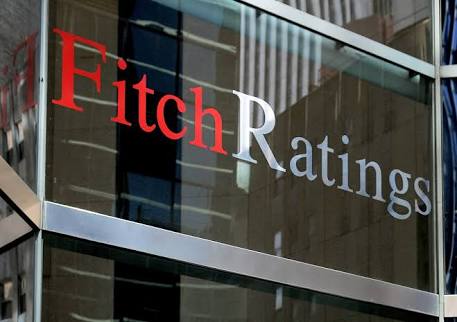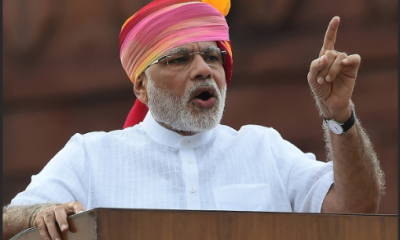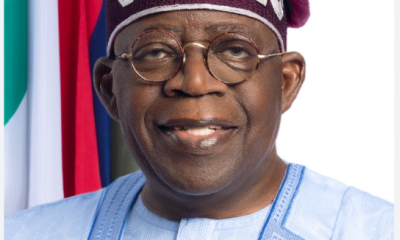Ratings agency Fitch has lowered its growth forecast for 2017 from 1.5% to 1%, despite positive Q3 GDP numbers. The news comes on the heels of another rating agency Moody’s which stated that Nigeria’s B2 credit profile remained severely constrained going forward
Fitch’s Director of Sovereigns Jermaine Leonard, at an event in London, shed more light on why the forecast was reduced. Despite several factors that could lead to a fall in growth. The agency however, remained cautiously optimistic.
Data from the Q3 GDP report released by the National Bureau of Statistics (NBS) show the non-oil sectors recording negative growth. Gross Domestic Product is the total value of goods and services produced in a country within a defined period. The weak growth means the recovery from recession remains fragile.
Despite the worries, a few green shots are present. The stability in the foreign exchange market has led to an influx of investors into the capital market, which is up over 40% year to date. Global crude oil prices remain relatively stable, thus increasing crude oil earnings. While some militants have called off a ceasefire, the Niger Delta has remained relatively peaceful with no attacks on oil installations.
The various ratings, have all highlighted one thing: Nigeria needs to diversify its non-oil income in a stable and consistent manner. Though, the country has improved on Ease of Doing Business rankings, much more needs to be done. Infrastructure issues add to the cost of doing business, and make goods produced in the country more expensive, compared to those imported.
Fitch Ratings Inc. is one of the “Big Three credit rating agencies”, the other two being Moody’s and Standard & Poor’s. The firm was founded by John Knowles Fitch on December 24, 1914 in New York City as the Fitch Publishing Company.

 Entertainment1 week ago
Entertainment1 week ago
 Business1 week ago
Business1 week ago
 Business1 week ago
Business1 week ago
 Football1 week ago
Football1 week ago
 Entertainment1 week ago
Entertainment1 week ago
 Entertainment6 days ago
Entertainment6 days ago
 Latest1 week ago
Latest1 week ago
 Latest1 week ago
Latest1 week ago













